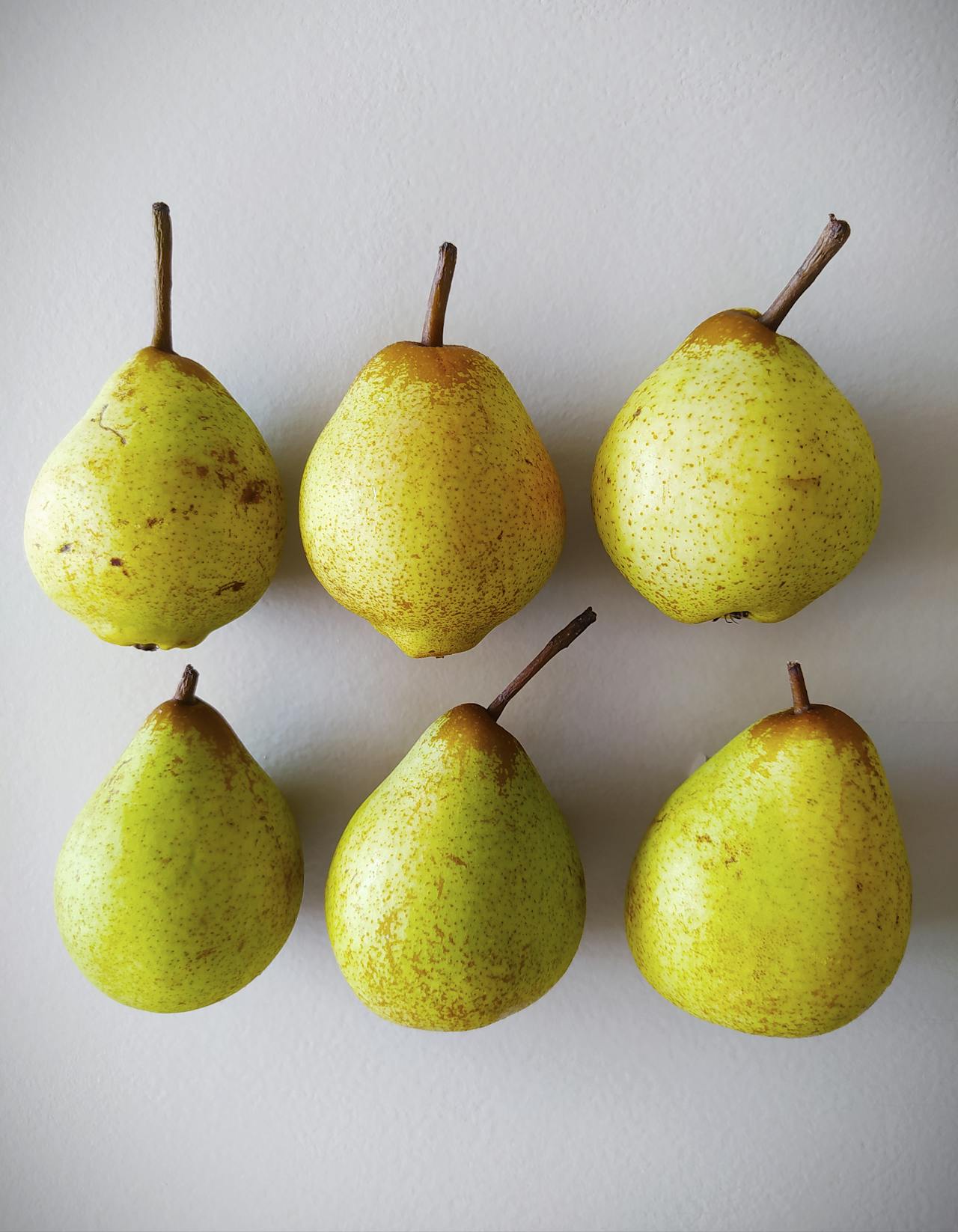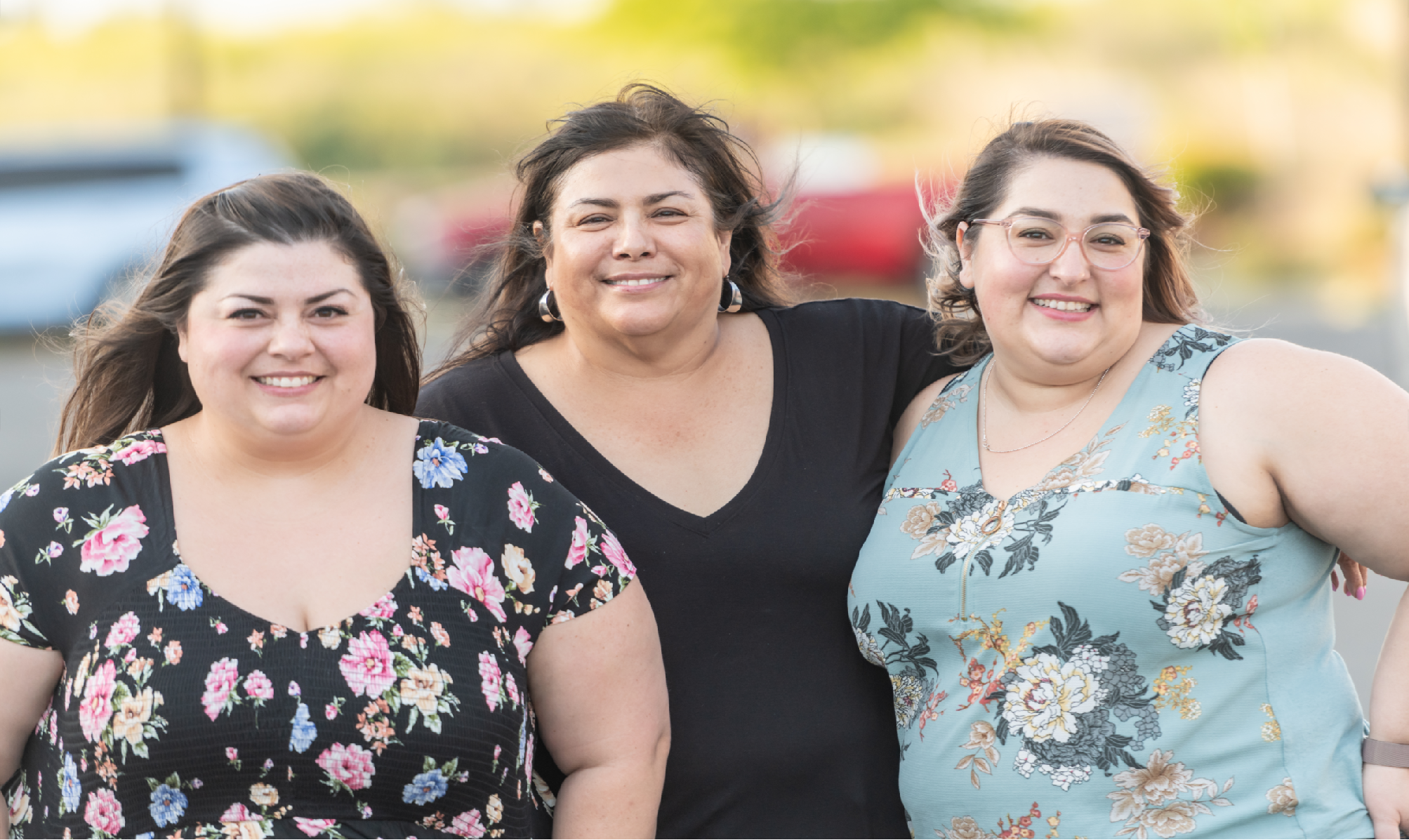Diet Culture

Diet Culture
Have you ever compared your body to someone else’s and wished you were a different size, thinner, stronger, or more youthful? Have you ever wondered if you should make changes to your diet in order to look a certain way? You might feel this way because of what you see and hear on social media and in the world around you. This is called diet culture.
Diet culture is a system of beliefs that promotes thinness as the ultimate standard of beauty, health, and success. Diet culture implies there is a right and wrong way to eat. It implies that bodies that don’t fit the “ideal” image are less valuable. It normalizes the judgement of those that do not meet these standards, especially those living in larger bodies. This affects the self-esteem of everyone, especially children and youth who are at an extremely impressionable stage of life.
What diet culture looks like:
- Wellness trends that include eliminating food groups or other rules about what, how much or when to eat
- Foods are labelled as “good” or “bad”, “healthy” or “unhealthy” and these labels justify why they should or shouldn’t be eaten.
- Individuals in larger bodies are judged negatively (e.g., in children’s movies the villain is often bigger and/or unattractive whereas the hero tends to be stereotypically beautiful).
- Exercise is seen as a way to compensate for eating or to burn calories.
As an adult influencer in the school community, you can help students by:
- Teaching them how to be critical of the messages they see in the media
- Changing the focus from appearance-based compliments to strength-based compliments that highlight character traits, skills, and abilities
- Talking and teaching about food in a positive way (See Guiding Principles)
- Supporting positive mealtimes and eating environments (See Roles and Responsibilities Related to Food & Eating - Elementary and Secondary)
- Not commenting on your own or other people’s bodies and food choices


